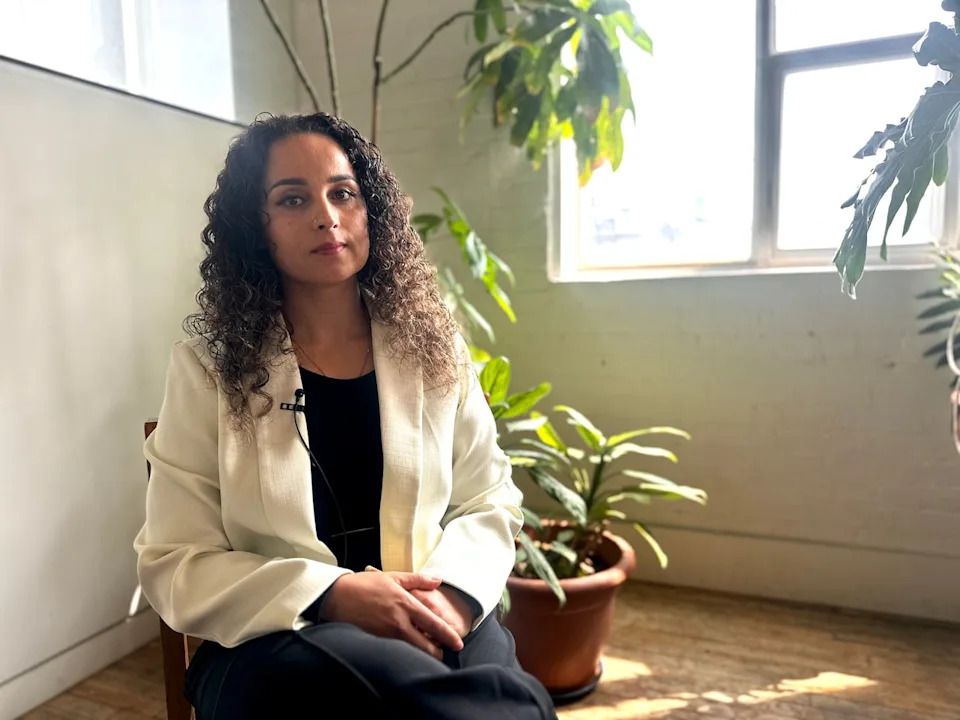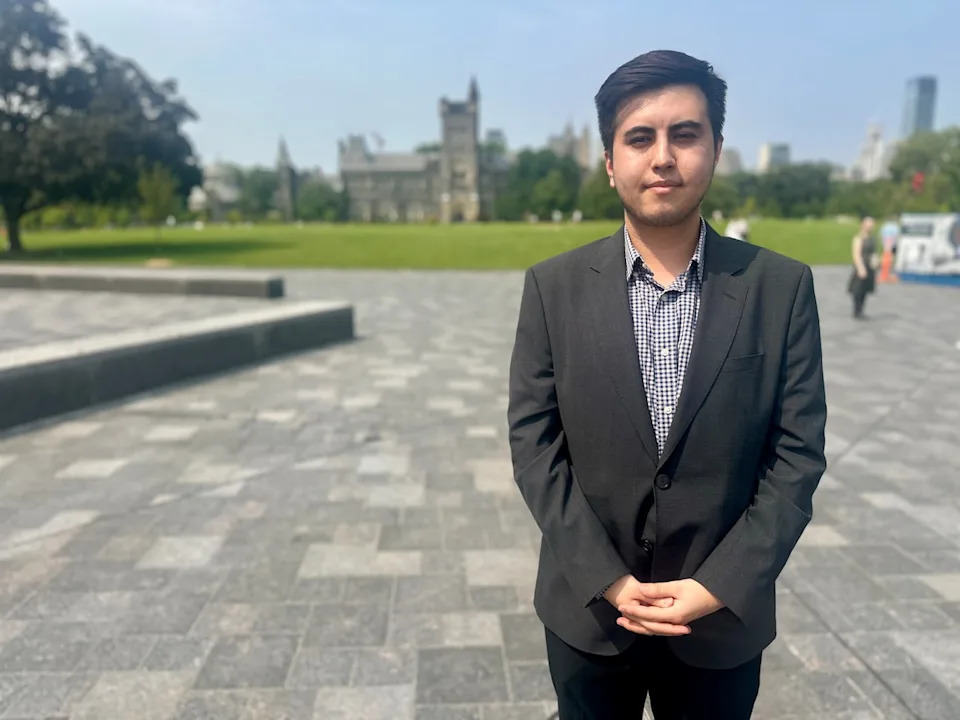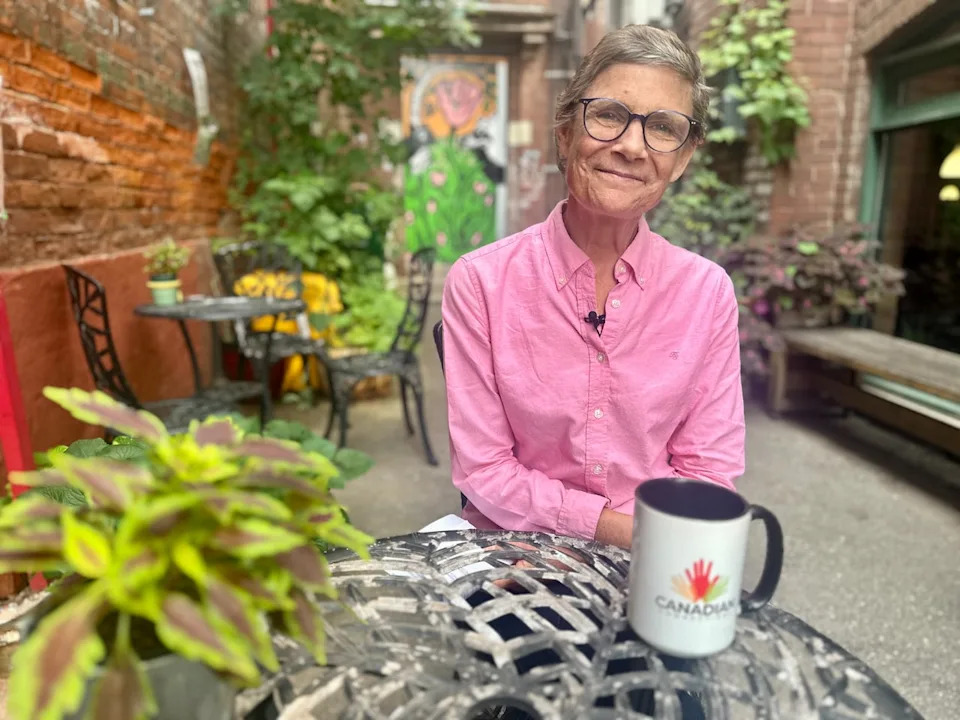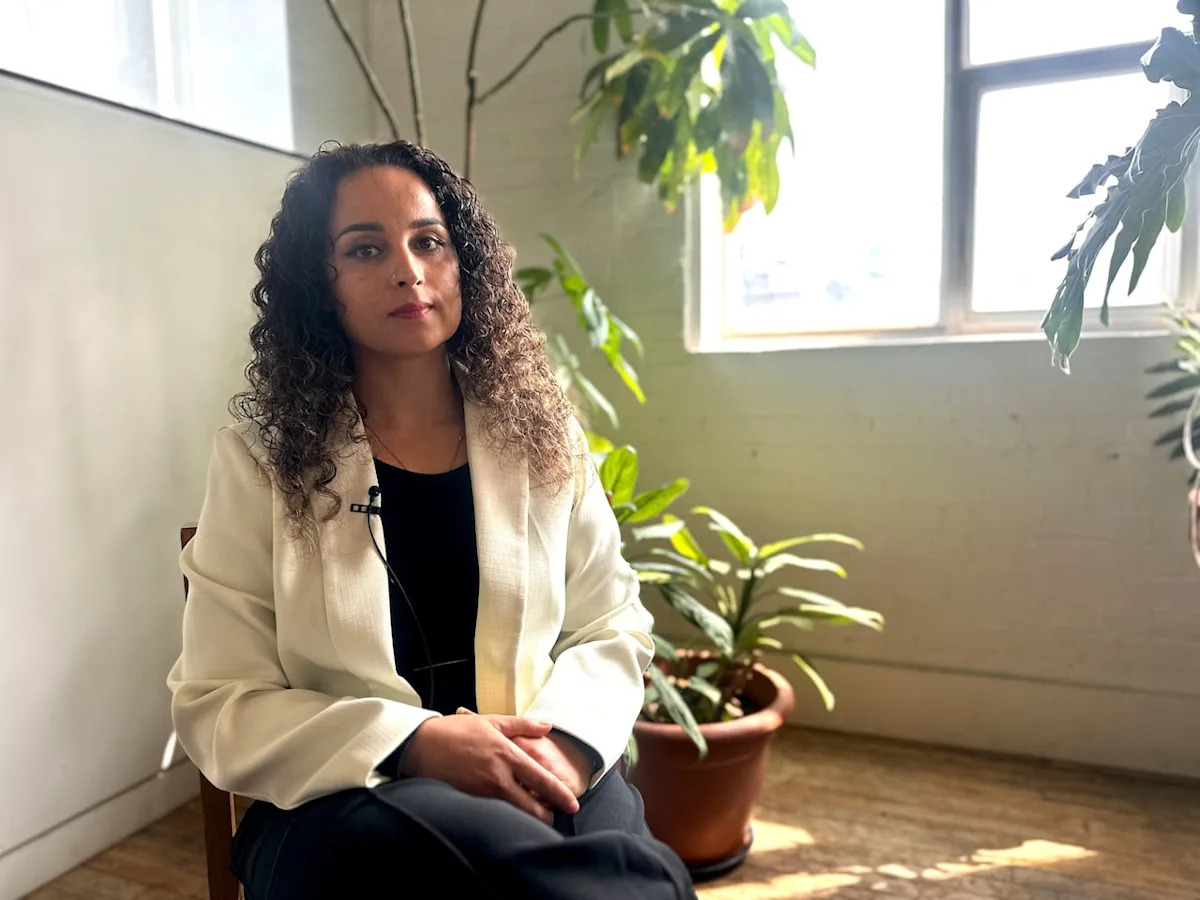Malalai Azimee remembers crossing a river and climbing a wall, feeling fearful with her three daughters by her side as she tried to reach officials at the airport and escape the Taliban regime in August 2021.
Aug. 15 marks four years since the Taliban captured Afghanistan’s capital city Kabul only hours after U.S. troops withdrew. Azimee is just one of many Afghans who found refuge in Toronto but now worry their families won’t be afforded the same opportunity.
“The journey was full of fear, uncertainty, frustration,” said Azimee, who was a social worker and women’s rights activist before she fled. “Once we arrived we felt safe. And finally we thought, ‘we don’t have to fear anymore, we are in safety now.'”
Canada welcomed over 55,000 Afghans between August 2021 and November 2024, according to the federal government. While Canada ended its years-long military mission in 2014, U.S. troops were in the country until 2020. Shortly after they left and the Taliban took control, then-immigration minister Marco Mendicino said the country would be accepting 20,000 Afghan refugees, 5,000 of whom were evacuated by the U.S.
But, according to the federal government, Immigration, Refugees and Citizenship Canada isn’t accepting any more applications — a tough reality for many like Azimee, who left behind her siblings and parents.
She said she’s praying for her family to come safely to live with her in Canada.

Malalai Azimee arrived in Canada in the last week of August 2021 and was greeted by Canadian Connections, a non-profit formed around the time of the takeover as a resettlement team for Afghan-Canadians. Now, Azimee works there. (Talia Ricci/CBC)
Emotional anniversary for Afghan refugees
Sajad Amini, co-president of the Afghan Students’ Association at the University of Toronto — which strives to create a safe and welcoming space for other Afghan students — also fled after the Taliban takeover. He says this anniversary is emotional.
“I was there when the government collapsed,” he said. “I’m very worried about those Afghans who still remain under the rule of [the] Taliban.”
Amini’s family is currently in Pakistan, where he says they live in fear of deportation. And while he’s grateful he settled in Toronto, he doesn’t think Canada is doing enough to help other refugees escape the regime.
“Honouring those sacrifices means standing with partners such as the journalists [and] civil rights activists who are now stuck … waiting for their sponsorship cases to be processed by the Canadian government,” Amini said.
CBC Toronto reached out to Immigration, Refugees and Citizenship Canada for comment. This story will be updated with their response.

Sajad Amini, co-president of the Afghan Students’ Association at the University of Toronto — which strives to create a safe and welcoming space for other Afghan students — fled after the Taliban takeover. He says this anniversary is emotional. (Talia Ricci/CBC)
Giving back to the country
Azimee arrived in Canada in the last week of August 2021 and was greeted by Canadian Connections, a non-profit formed around the time of the takeover as a resettlement team for Afghan-Canadians. Now, Azimee works there.
Such a welcome is key to successful integration and resettlement, according to Marcella Tomas, the non-profit’s executive director.
She says many Afghans arrived with nothing on their back. So the Canadian Connections volunteers went to Walmart, where they bought shoes, razors and any other essentials. Now, four years later, Tomas says she’s seen some incredible success stories.
“When they come, the first thing they want to do is just give back to the country that’s helped them, they want to find a job,” she said.

A proper welcome is key to successful integration and resettlement, according to Marcella Tomas, Canadian Connections’ executive director. (Talia Ricci/CBC)
‘Humanitarian crisis’ unfolding, Afghan student says
But back home, the situation continues to be dire. Since the Taliban took full control, the regime has continuously repressed human rights. Last year, the Islamic fundamentalist group closed all national and foreign non-governmental groups in Afghanistan that employ women in a continued effort to restrict Afghan women from working.
In 2022, the Taliban also ordered that Afghan women wear all-covering burkas in public and decreed women must be accompanied by a man of their family whenever they are out in public.
WATCH | Advocates worry as Canada quietly shutters Special Immigration Measures program:
A humanitarian crisis is unfolding right before our eyes, says Amini.
“Girls are denied access to basic rights, they don’t have access to school, work and even public life,” he said.
“Afghanistan was once my home,” Amini said. “We need to do our advocacy work and hopefully one day we can do something for … our country.”
